The Ultimate Guide for Novices on Purchasing PPC Traffic
Buy CPC Traffic | Buy Display Ads | Exclusive traffic sources | Buy Push Ads | Popunder ADS | Buy Native Ads | Buy Preroll Ads

Buy CPC Traffic | Buy Display Ads | Exclusive traffic sources | Buy Push Ads | Popunder ADS | Buy Native Ads | Buy Preroll Ads
Are you a business owner or marketer looking to increase the visibility of your website and attract more visitors? Pay-per-click (PPC) advertising could be the solution you've been searching for. In this beginner's guide, we'll explore the concept of buying PPC traffic and how it can benefit your business.
What is PPC?
PPC stands for pay-per-click, a model of internet advertising where advertisers pay a fee each time their ad is clicked. This form of advertising allows businesses to drive traffic to their websites by bidding for ad placement on search engine results pages (SERPs) or partner websites. It is an effective way to reach a targeted audience and generate leads or sales.
How does PPC work?
When a user searches for a specific keyword or phrase, search engines display relevant ads alongside the organic search results. Advertisers bid on these keywords, determining the placement and visibility of their ads. The highest bidder typically gets the top position, maximizing their chances of attracting clicks and visitors to their website. However, PPC platforms also take into account the ad’s relevance and quality to provide a fair playing field.
Benefits of buying PPC traffic
There are numerous benefits to buying PPC traffic for your business. Firstly, PPC campaigns offer quick results, allowing you to see immediate traffic and potential sales. Secondly, you have full control over your budget, as you only pay for actual clicks. Additionally, PPC advertising provides a wealth of data and insights, allowing you to refine your campaigns based on performance indicators. You can easily track your ROI and make necessary adjustments to maximize your advertising efforts.
In conclusion, buying PPC traffic can be a powerful strategy to enhance your online presence and drive targeted visitors to your website. By understanding the basics of PPC advertising and how it works, you can create effective campaigns that deliver results. So, get started today and give your business the boost it deserves!
Understanding PPC Advertising
PPC (Pay-Per-Click) advertising is a popular method used by online marketers to drive targeted traffic to their websites. In PPC advertising, advertisers pay a fee each time a user clicks on their ad. This model allows advertisers to only pay for actual clicks, making it a cost-effective advertising method.
PPC campaigns are commonly run on search engine platforms, social media platforms, and ad networks. When running a PPC campaign, advertisers bid on keywords or target specific demographics to show their ads to relevant users. The higher the bid, the greater the chance of the ad being displayed.
One of the key advantages of PPC advertising is its ability to provide immediate results. Unlike other marketing methods that may take time to yield results, PPC campaigns can generate traffic and visibility right from the start. This is particularly beneficial for new websites or businesses looking for quick exposure.
Furthermore, PPC advertising offers a high level of control and customization. Advertisers have the ability to set their own budget, target specific locations, schedule ads to run at certain times, and even choose which devices their ads will be displayed on. This level of control allows advertisers to optimize their campaigns and maximize their return on investment.
When considering PPC advertising, it is important to choose the right platform and ad format. There are various options available, such as search ads, display ads, video ads, and popunder ads. Each format offers unique advantages, depending on the goals and targeting preferences of the advertiser.
In conclusion, PPC advertising is a powerful tool for driving targeted traffic to websites. By understanding the basics of PPC advertising and choosing the right platform and ad format, advertisers can effectively reach their target audience and achieve their marketing goals. To get started with PPC advertising, consider exploring cheap popunder ads, a cost-effective option for increasing website visibility and conversions.
Benefits of Buying PPC Traffic
When it comes to online advertising, Pay-Per-Click (PPC) traffic is a popular and effective method for driving targeted traffic to your website. With PPC, advertisers only pay when their ad is clicked, making it a cost-effective way to reach potential customers. Here are some of the key benefits of buying PPC traffic:
1. Immediate Results
One of the biggest advantages of buying PPC traffic is that it provides immediate results. Unlike other forms of online advertising, such as search engine optimization (SEO), PPC campaigns can be set up and launched quickly. This means you can start driving targeted traffic to your website within a short period of time, allowing you to see immediate results and make adjustments to your campaigns if needed.
2. Targeted Advertising
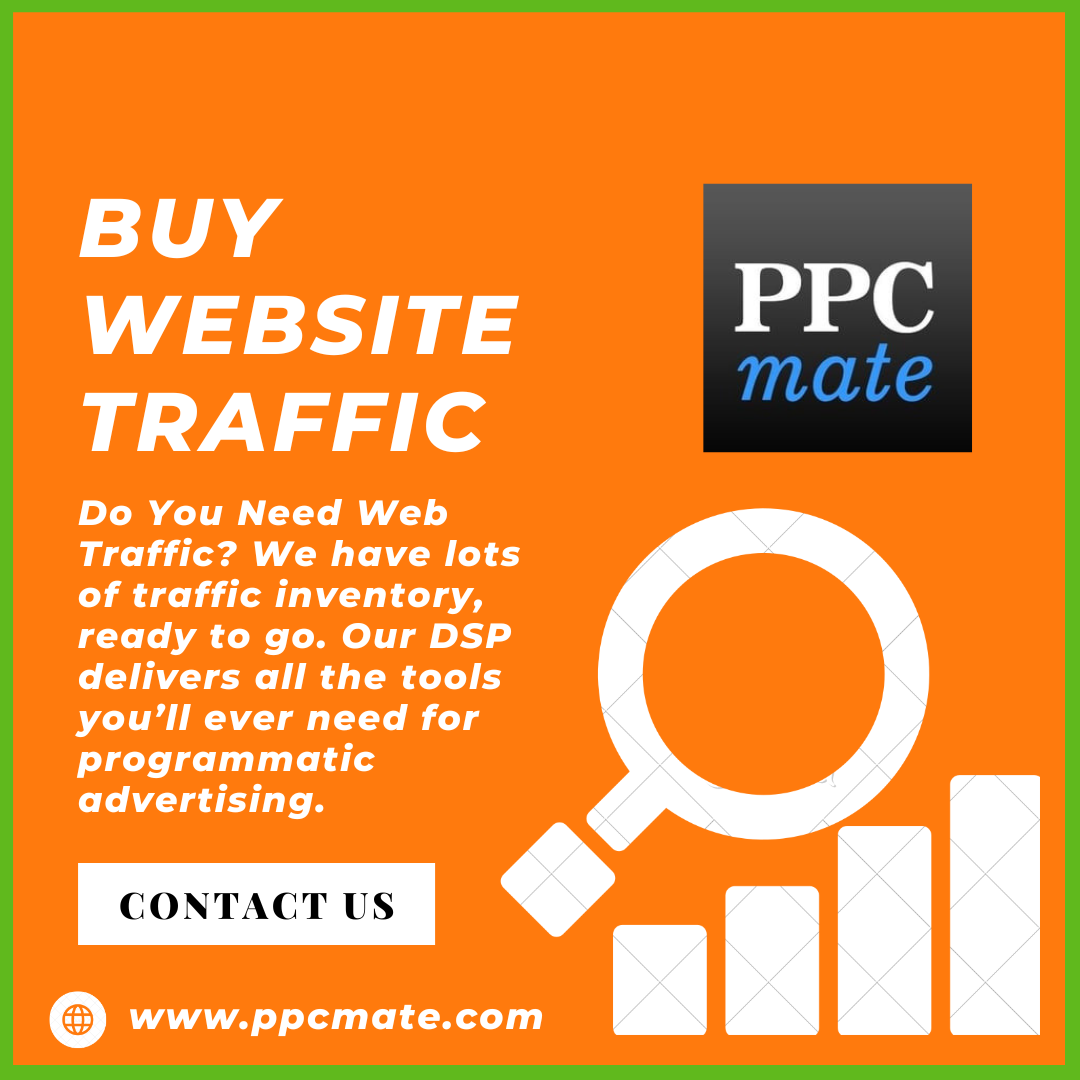
With PPC, you have the ability to target your ads to a specific audience based on factors such as keywords, location, demographics, and interests. This means you have the ability to reach potential customers who are more likely to be interested in your products or services. By targeting the right audience, you can increase the chances of driving high-quality traffic to your website and improve your conversion rates.
Immediate Results
Targeted Advertising
Cost-Effective
Measurable Results
Brand Exposure
3. Cost-Effective
PPC advertising allows you to set a budget and only pay when someone clicks on your ad. This means you have control over your advertising costs and can adjust your budget to suit your needs. Unlike traditional forms of advertising, where you pay a fixed cost regardless of the results, PPC offers a more cost-effective approach, allowing you to maximize your return on investment.
4. Measurable Results
Another benefit of buying PPC traffic is that it provides measurable results. With PPC analytics, you can track the performance of your campaigns, including the number of clicks, impressions, conversions, and cost per click. This data allows you to optimize your campaigns and make informed decisions about your advertising strategy, helping you improve the effectiveness of your marketing efforts.
5. Brand Exposure
PPC advertising can also help improve brand exposure. By appearing at the top of search engine results pages or on relevant websites, your brand can gain more visibility and reach a wider audience. This increased exposure can help increase brand awareness, build trust, and establish your business as an authority in your industry.
In conclusion, buying PPC traffic offers several benefits for businesses looking to drive targeted traffic to their website. With immediate results, targeted advertising, cost-effectiveness, measurable results, and improved brand exposure, PPC can be a valuable tool in your online advertising strategy.
Setting Goals for Your PPC Campaign
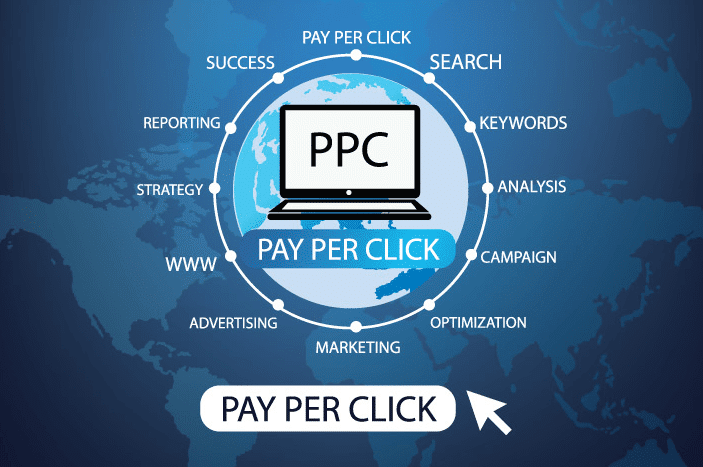
Before starting a PPC campaign, it's crucial to set clear goals and objectives. These goals will determine the direction of your campaign and help you measure its success. Here are a few steps to help you set goals for your PPC campaign:
1. Identify your target audience
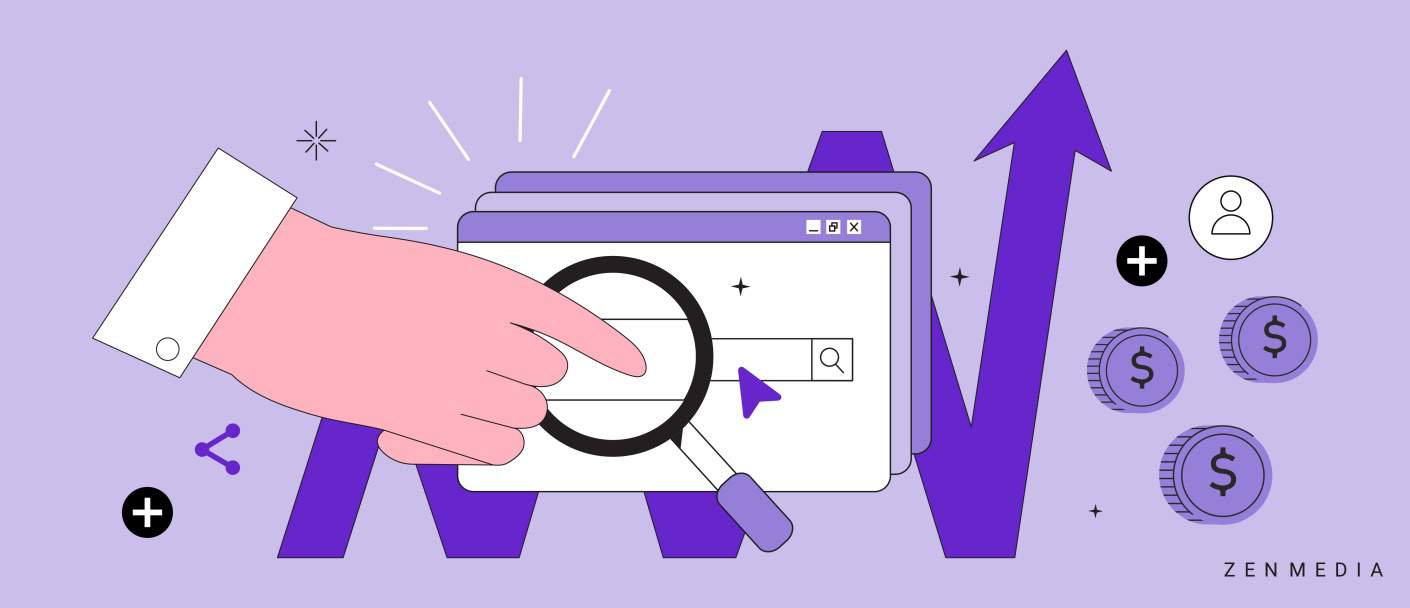
Knowing your target audience is essential for creating effective PPC campaigns. Understand their demographics, interests, and online behavior. This knowledge will enable you to tailor your campaign to reach the right people effectively.
2. Define your campaign objective
Determine what you want to achieve through your PPC campaign. Is it to increase website traffic, generate leads, increase sales, or raise brand awareness? Defining your objective will give your campaign a clear purpose.
3. Set specific, measurable goals
Set specific goals that are measurable so you can track your progress. For example, instead of aiming for more website traffic, set a goal to increase traffic by a certain percentage or number of visitors per month.
4. Determine your budget
Decide how much you're willing to spend on your PPC campaign. This will help you allocate your budget effectively and set realistic goals accordingly. For affordable PPC traffic, you can consider using cheap popunder ads to maximize your budget.
5. Consider your competition
Take into account your competition and the industry benchmarks when setting your goals. Analyze your competitors' strategies and performance to determine what is realistic and achievable for your campaign.
6. Set a timeline
Establish a timeline for your PPC campaign, including start and end dates, as well as milestones along the way. This will help you stay on track and measure your progress against your goals.
By setting clear goals for your PPC campaign, you can better focus your efforts and drive meaningful results. Regularly monitor and adjust your goals as needed to ensure that your campaign remains effective and aligned with your overall marketing objectives.
Choosing the Right PPC Platform
When it comes to buying PPC traffic, choosing the right platform for your advertising campaigns is crucial. Different PPC platforms offer varying features, targeting options, and reach, so it's important to consider your specific goals and needs before making a decision.
1. Google Ads
Google Ads, formerly known as Google AdWords, is the most popular PPC platform and offers the largest reach. It allows you to advertise on Google's search engine results pages (SERPs) as well as on various partner websites in the Google Display Network. Google Ads offers advanced targeting options, such as keywords, demographics, and location, allowing you to reach your target audience effectively.
2. Bing Ads
Bing Ads is Microsoft's PPC platform and is similar to Google Ads in terms of features and targeting options. Although it has a smaller reach compared to Google Ads, Bing Ads can still be a valuable platform for reaching a specific audience, especially if your target market uses Bing as their primary search engine. Bing Ads also offers a lower cost-per-click (CPC) compared to Google Ads, which can be advantageous for advertisers on a budget.
3. Facebook Ads
Facebook Ads is a popular PPC platform for businesses looking to target specific demographics and interests. With over 2.85 billion monthly active users, Facebook offers a vast audience to advertisers. Facebook Ads allows you to create highly targeted campaigns based on demographics, interests, behavior, and connections. It also offers various ad formats, including image ads, video ads, and carousel ads, giving you flexibility in your advertising strategy.
4. LinkedIn Ads
LinkedIn Ads is a PPC platform specifically designed for business-to-business (B2B) advertising. With its focus on professionals and businesses, LinkedIn Ads provides a unique opportunity to target decision-makers and industry professionals. It offers targeting options based on job title, industry, company size, and more, allowing you to reach the right audience for your B2B products or services.
Ultimately, the right PPC platform for you depends on your specific goals and target audience. It's important to research and compare different platforms to determine which one aligns best with your advertising objectives and offers the most effective targeting options for reaching your desired audience.
Conducting Keyword Research
Keyword research is a crucial step in planning your PPC advertising campaigns. By identifying the most relevant and effective keywords for your business, you can drive targeted traffic to your website and maximize your ROI.
1. Identify Your Target Audience
The first step in conducting keyword research is to identify your target audience. Consider their demographics, interests, and online behavior. Understand what they are searching for and what keywords they are likely to use.
2. Use Keyword Research Tools
There are several keyword research tools available that can help you generate a list of potential keywords. These tools provide insights into keyword search volumes, competition levels, and related keywords. Some popular keyword research tools include Google Keyword Planner, SEMrush, and Moz Keyword Explorer.
3. Brainstorm Relevant Keywords
Once you have a list of potential keywords from keyword research tools, it's time to brainstorm additional relevant keywords. Think about the products or services you offer and come up with variations and synonyms. Consider using long-tail keywords, which are longer and more specific phrases that have less competition.
4. Analyze Competitor Keywords
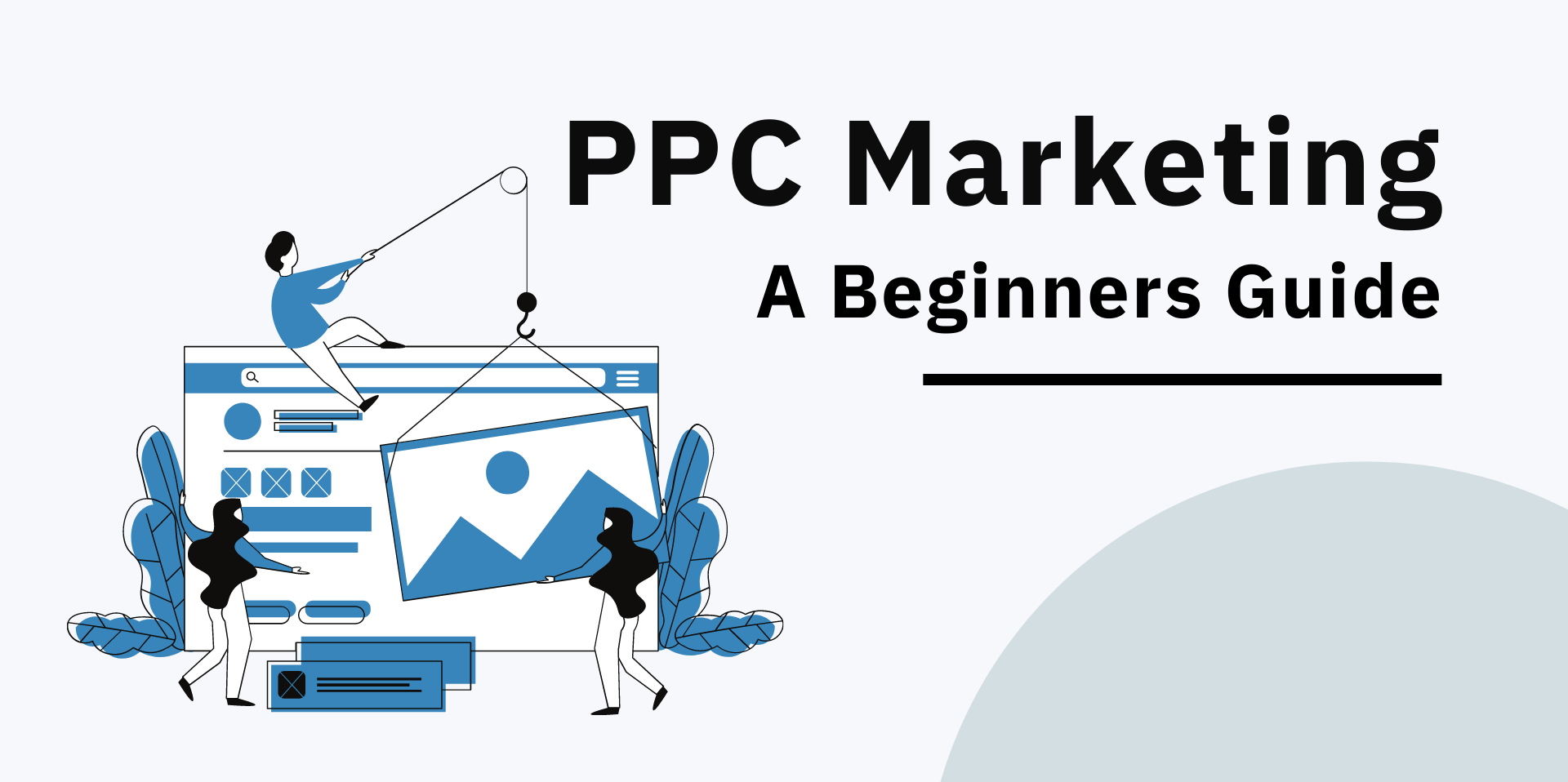
Another valuable source of keyword ideas is your competitors. Analyze the keywords they are targeting in their PPC campaigns and organic search strategies. Look for keywords that are driving high traffic and conversions for them, as these could be potential opportunities for your business as well.
5. Evaluate Keyword Metrics
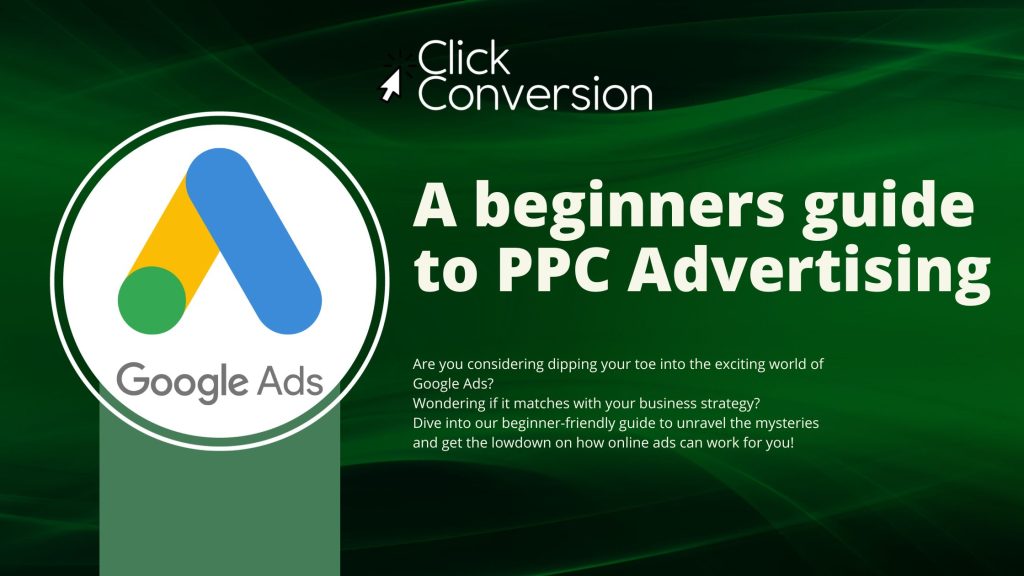
As you compile your list of potential keywords, evaluate their metrics to determine their relevance and effectiveness. Consider search volume, competition level, and cost-per-click (CPC). Focus on keywords with high search volume, low competition, and a reasonable CPC to maximize your chances of success.
6. Refine Your Keyword List
Based on your analysis of keyword metrics, refine your keyword list to include the most relevant and effective keywords for your PPC campaigns. Remove any irrelevant or low-performing keywords. Group similar keywords together to optimize your ad groups and campaign structure.
By following these steps and conducting thorough keyword research, you can ensure that your PPC campaigns are targeting the right keywords and reaching your desired audience. This will help you drive quality traffic to your website and achieve your advertising goals.
Optimizing Your PPC Campaign for Success
Running a successful PPC campaign requires careful planning and continuous optimization. Here are some key strategies to optimize your PPC campaign for success:
1. Conduct thorough keyword research

Before launching your PPC campaign, it's crucial to conduct thorough keyword research. Identify relevant keywords and phrases that align with your business, products, or services. Use tools like Google Keyword Planner or SEMrush to find popular keywords with decent search volumes and low competition.
2. Create tailored ad copy and landing pages
To maximize the effectiveness of your PPC campaign, create tailored ad copy and landing pages that align with your chosen keywords. Craft compelling headlines and descriptions that grab the attention of your target audience. Make sure your landing pages provide relevant and valuable information to potential customers.
3. Implement ad extensions

Ad extensions can enhance your PPC ads by adding additional information and making them more appealing to users. Consider implementing extensions like sitelinks, call extensions, or structured snippets to provide extra value and improve your click-through rates.
4. Monitor and analyze your campaign performance
Regularly monitor and analyze your campaign performance to identify areas for improvement. Keep an eye on important metrics such as click-through rates (CTR), conversion rates, and cost per click (CPC). Use this data to optimize your keyword targeting, ad placements, and bidding strategies.
5. Split test ad variations

Split testing or A/B testing is a powerful technique to optimize your PPC campaign. Create multiple ad variations with different headlines, descriptions, or imagery, and test them against each other to identify the best-performing option. Continuously refine your ads based on the results of these tests.
6. Adjust your bidding strategy

Bidding is a critical aspect of any PPC campaign. Experiment with different bidding strategies like manual bidding or automated bidding to find the most effective approach for your campaign. Monitor the performance of your bids and make adjustments as necessary to ensure you're getting the best return on investment (ROI).
7. Optimize for mobile devices
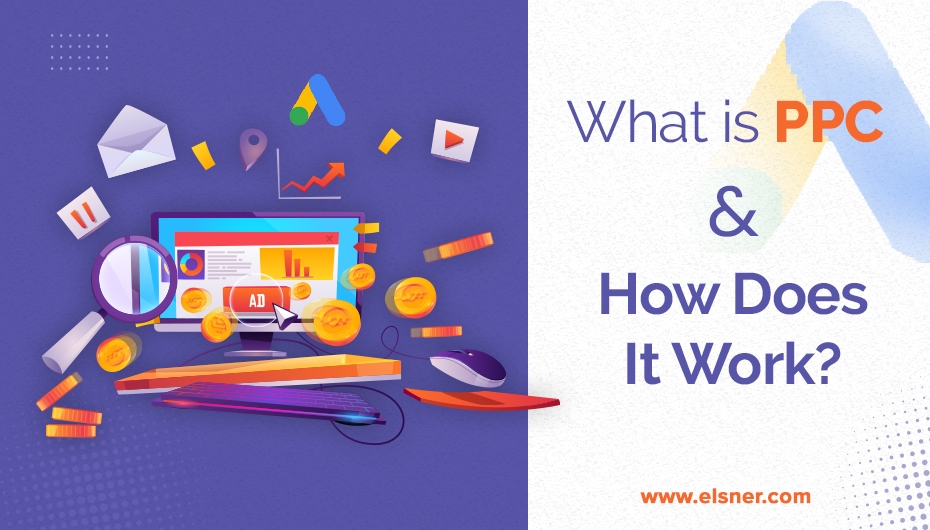
With the majority of online traffic coming from mobile devices, optimizing your PPC campaign for mobile is essential. Make sure your ad copy, landing pages, and overall user experience are mobile-friendly. Consider implementing mobile-specific ad extensions and using responsive design for your landing pages.
Remember, optimization is an ongoing process. Continuously monitor your campaign, make data-driven decisions, and adapt your strategies based on the performance of your PPC ads. By implementing these optimization techniques, you can maximize the success of your PPC campaign and achieve your advertising goals.
What is PPC traffic?
PPC stands for Pay-Per-Click, it is a model of internet marketing in which advertisers pay a fee each time their ads are clicked. PPC traffic refers to the visitors who come to a website by clicking on an ad that the advertiser has paid for.
How does PPC advertising work?
PPC advertising works through an auction system. Advertisers bid on keywords that are relevant to their target audience. When a user searches for those keywords, the search engine displays the ads that have the highest bid and relevance. Advertisers are only charged when someone clicks on their ad.
What are the benefits of buying PPC traffic?
Buying PPC traffic has several benefits. It allows advertisers to reach their target audience directly, as they can choose specific keywords and demographics for their ads. It also provides instant results, as the traffic starts flowing as soon as the campaign is launched. Additionally, advertisers can set a budget and have control over their spending.
What are some important factors to consider when buying PPC traffic?
When buying PPC traffic, it is important to consider your target audience and choose keywords that are relevant to them. You should also take into account the competition for those keywords and set a reasonable bid. It's also essential to create compelling and relevant ad copy to attract potential visitors and optimize your landing page for a high conversion rate.
Is it possible to track the effectiveness of PPC campaigns?
Yes, it is possible to track the effectiveness of PPC campaigns. Most advertising platforms offer tracking tools that allow you to monitor and analyze the performance of your ads. You can track metrics such as click-through rate, conversion rate, and return on investment. By tracking these metrics, you can make data-driven decisions and optimize your campaigns for better results.
What is PPC traffic?
PPC traffic stands for Pay-Per-Click traffic. It is a form of online advertising where advertisers pay each time their ad is clicked on by a user. This type of traffic is generated from search engines, social media platforms, and other websites.
How can PPC traffic help my business?
PPC traffic can be beneficial for your business in several ways. It can increase your website's visibility, drive relevant traffic to your site, and potentially increase sales or leads. With PPC advertising, you have control over your budget and can target specific keywords, demographics, and locations to reach your desired audience.
What are some popular platforms for buying PPC traffic?
Some popular platforms for buying PPC traffic include Google Ads, Bing Ads, and Facebook Ads. Google Ads is the most widely used platform and allows you to display ads on the Google search engine and its partner sites. Bing Ads allows you to reach the Bing search engine's audience, and Facebook Ads enables you to advertise on the Facebook and Instagram platforms.
Buy CPC Traffic | Buy Display Ads | Exclusive traffic sources | Buy Push Ads | Popunder ADS | Buy Native Ads | Buy Preroll Ads
2022-2024 @ A Beginner's Guide to Buying PPC Traffic